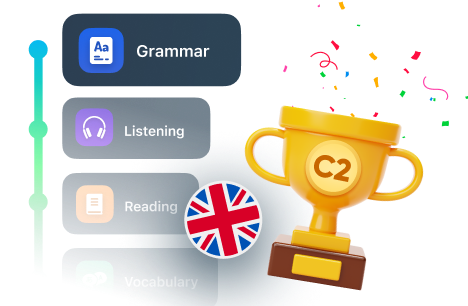
The differences between a part vs. apart and correct use in sentences
A part and apart might be confusing to second learners of English for a number of reasons. Pronouncing these two words, you would discover that they sound the same way, making them homophones.
A part and apart might be confusing to second learners of English for a number of reasons. Pronouncing these two words, you would discover that they sound the same way, making them homophones. Homophones are words that sound the same way, of which A part and apart are perfect examples. Also, there is a close similarity in the letters that make up the two expressions, in fact, they bear the same letters.
However, these two words can be taught to second learners by differentiating between the concept of word and phrase, their structure, and usage in sentences.
Defining a part
A part is a noun phrase of two words that means “ a member of, a component of, or part of a larger group or entity.” In other words, it is used to depict that something or someone constitutes a bigger group or a whole. Structurally, it has an indefinite article “a,” a space, and a noun, “part.”
Examples:
A new bride, while expressing her delight to her husband’s family, says:
It feels good to be a part of your family.
Defining apart
Apart is a single word with a number of meanings depending on its position in a sentence. It could function as an adverb meaning “separately” or “in separation.” It could also be used as an adjective to mean “distinct.” Also, apart could be paired with “from” (apart from) to function as a preposition.
The differences between a part and apart
If you are confused about using a part or apart in your expressions, know that:
- A part means “part of” while apart could mean “separately” (as an adverb) or “distinct” (as an adjective)
- A part is a noun phrase with two words, while apart can be an adverb, adjective, or a preposition when paired with “from.”
- A part has a space between the indefinite article “a” and “part,” while apart is written together.
When and how to use a part
A part is a noun phrase, which means it should be used in the same positions as a noun. Mostly paired with the preposition of, it could be used as the subject or object in a sentence, as the case may be.
Examples:
After my interrogation with him, a part of me believes Mark.
Barely two months into practice, Ally sings as though she had been a part of the band for years.
However, it would interest you to know that the expressions above can also exist devoid of the indefinite article “a” and still makes complete sense, as we have in
After my interrogation with him, part of me believes Mark.
Barely two months into practice, Ally sings as though she had been part of the band for years.
When and how to use apart
Apart can function in three ways; as an adverb, an adjective, or a preposition when paired with “from.”
Apart as an adverb
Apart can be used to describe a verb. In that case, it is said to function as an adverb meaning “separately.”
Examples:
He kept the cat and the rat apart to avoid further trouble (modifies kept)
Love keeps us together, and enmity keeps us apart (modifies keeps)
Her conscious selection of words sets her apart (modifies sets)
Apart as an adjective
When used as an adjective, apart is positioned after the noun or noun phrase it qualifies, meaning “distinct” or “unique.”
After the accusation of infidelity, the couple is now worlds apart.
With 49 games unbeaten, the leader of group A is skill apart.
Apart from or apart of
It is only permissible to pair apart with “from” when it is to be used as a preposition.
Example:
Apart from their last loss to a bigger team, my school had never lost in the tournament.


















